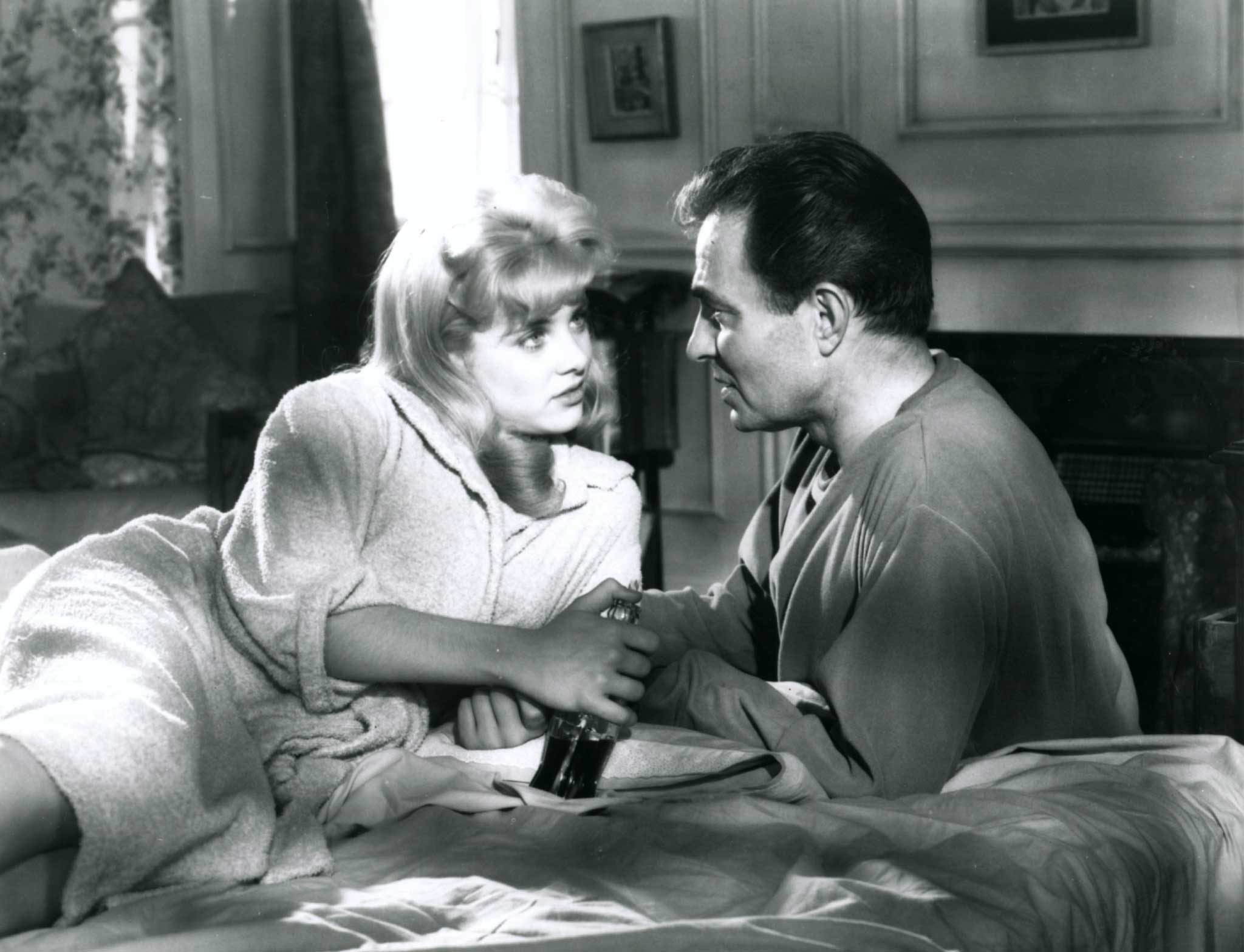Lolita by Vladimir Nabokov, book of a lifetime

One has few claims to uniqueness, but I believe that I am the only person who read Lolita because of a humorous piece by Jean Kerr. A humor writer in 1950s and 1960s, Kerr parodied a ladies' magazine feature, “Can This Marriage Be Saved?” by writing about the troubled relationship between Humbert Humbert and Lolita. I inferred from the piece that Lolita was terrifically dirty. I sought it out immediately.
I was 11. How my mother laughed to herself when she found the book hidden under my bed. She knew that I couldn't possibly understand what I was reading.
And I couldn't, not at 11. Or 13. By 15 or 16, I stopped looking for the dirty parts and began reading Lolita on its own terms. Since then, I have read it – in the annotated version no less – at least 25 times. Lolita is a problematic book. It gets paedophilia right – the bargains, the rationalisations, the bribes, even the use of narcotics, a rapist's best friend.
It is unsettling how much Vladimir Nabokov knows, given that he was writing at a time when paedophilia was barely discussed, much less understood. I have friends who say the book cannot triumph over its grim subject, but I have been reading it and re-reading it too long to stop. It was the first serious novel I loved.
And it is, I would argue, instructive in its reminder that monsters lurk among us, but they seldom look like monsters. Humbert Humbert is one of the most famously unreliable narrators in literature, but I do believe him when he says he's handsome, a catch. When-ever I come across a moment I don't believe – a girl telling her chronic rapist that she wants to be carried to bed, as she's feeling “romantic” – I remind myself: “This never happened. Humbert is a liar. All paedophiles are liars.”
What would friends and neighbors have said if Dolores Haze – her real name – had tried to explain that she had been raped by her stepfather, that her only means of escape was another sexual predator? There is still a knee-jerk exhortation to be fair, to remember that such slanders can ruin a man's life. I wish we could quantify how many men's lives have been ruined by false accusations, how many children have been raped by stepfathers and uncles and cousins and family friends.
Humbert gets to tell the story. He makes the usual excuses – I wasn't the first, she seduced me – but no feeling person can side with him. Lolita is one of the most useful fictions I have ever read.
Laura Lippman's 'After I'm Gone' is published by Faber & Faber
Subscribe to Independent Premium to bookmark this article
Want to bookmark your favourite articles and stories to read or reference later? Start your Independent Premium subscription today.

Join our commenting forum
Join thought-provoking conversations, follow other Independent readers and see their replies